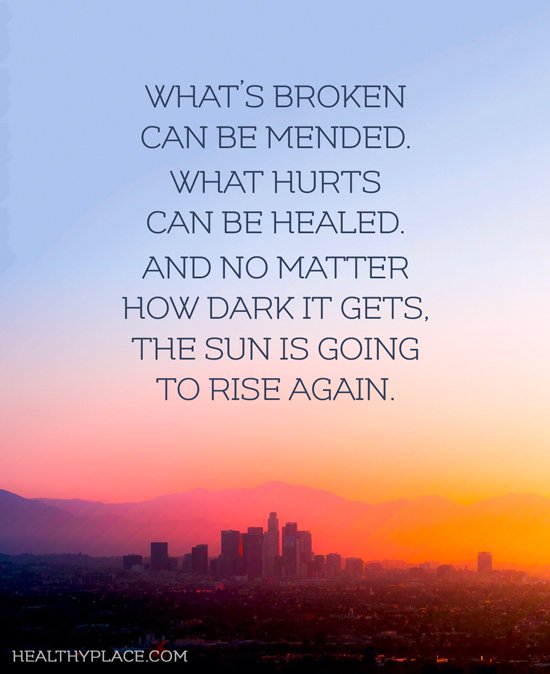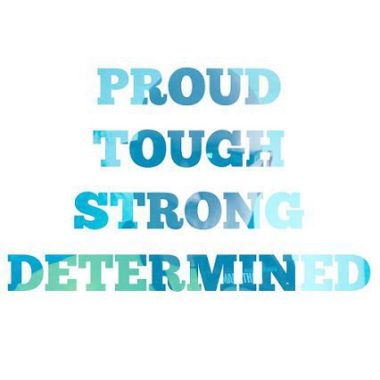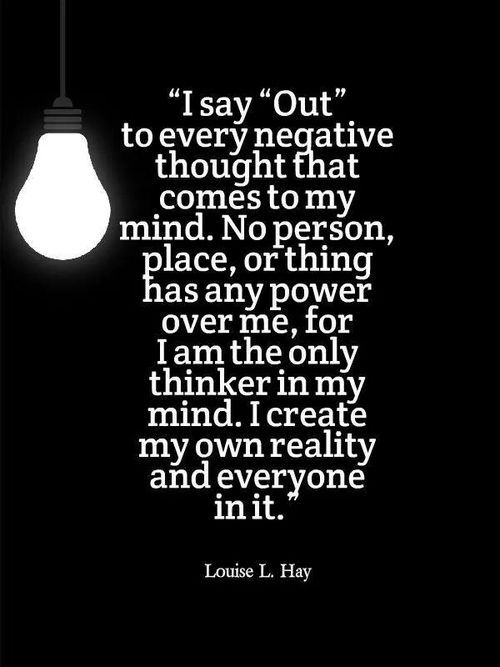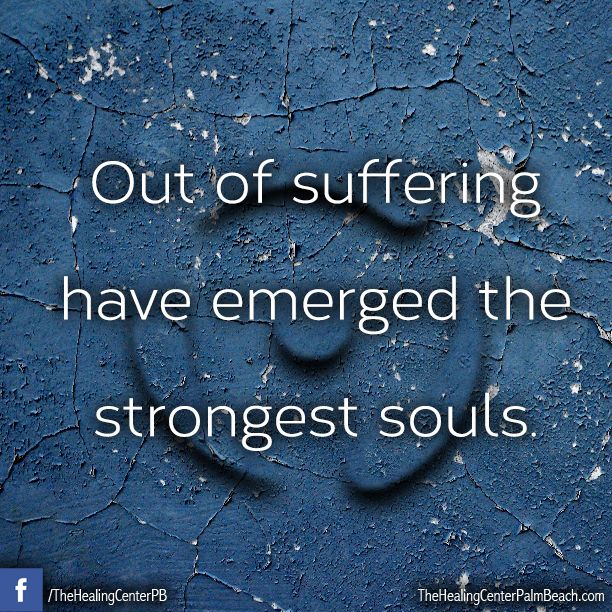
You know one of the hardest things about having PTSD is the isolation factor. We slowly isolate ourselves from family and friends who don’t understand what’s going on with us and we get tired of trying to explain. The biggest problem with that is it leaves us without a support system at a time when we need it the most. I have gone through my journey mostly alone able to talk to very few people about what I go through on a daily basis.
I had very little help with the exception of some extremely kind neighbours and my daughter who was living with me at the time, but working long hours at a time when I was extremely vulnerable. I was suffering from panic attacks for a month straight on and off through the day and night and I was alone most of the time. I don’t think I’ve ever felt more afraid or alone during that time thinking any moment I was going to die because I couldn’t breath during them. My dog passed away suddenly 2 yrs ago and that’s what brought on the sudden panic attacks. She had been my constant companion for 10 1/2 years and in 4 days she was gone. I was traumatized to say the least and piled on top of my other traumas it was just too much to bear and I ended up going on medication to stop them.
“A panic attack is a sudden surge of overwhelming anxiety and fear. Your heart pounds and you can’t breathe. You may even feel like you’re dying or going crazy. Left untreated, panic attacks can lead to panic disorder and other problems. They may even cause you to withdraw from normal activities. But panic attacks can be cured and the sooner you seek help, the better. With treatment, you can reduce or eliminate the symptoms of panic and regain control of your life.”
http://www.helpguide.org/articles/anxiety/panic-attacks-and-panic-disorders.htm
There are several symptoms that can develop over time while dealing with PTSD besides triggers, flashbacks and hypervigilance : such as insomnia, panic attacks, irritability, anger or rage, nightmares, exaggerated startle response, loss of focus and concentration and memory loss and/ or retention.
Isolation is not a good thing though, being surrounded by understanding family and friends is a better choice all around. The key is balance, there are times when you will need your down time or just want some time alone due to sheer mental exhaustion and that’s ok. A good support network is imperative though to help you heal. I suggest that family and friends do some research on PTSD and also on ways they can help be supportive along with your added input of what you need.
One of best ways for trauma to gain a complete hold on us is lack of support particularly directly after the initial trauma. That is why early intervention is a must in stopping PTSD in its tracks before it can gain a foothold in our minds and bodies. We need to be and feel safe and supported with love and compassion because all those were lacking at the time we were traumatized. We need to be able to trust again and feel safe in doing so, therefore we need a good strong support system behind us every step of the way.
I would just like to say that I am not a therapist and the things I speak about in my posts are things that I have found that work for me: they may or may not work for you but you can always give them a try to find out.
I’m tired after being up all night due to insomnia, so I will stop here for tonight before I start to ramble. ha ha ha


